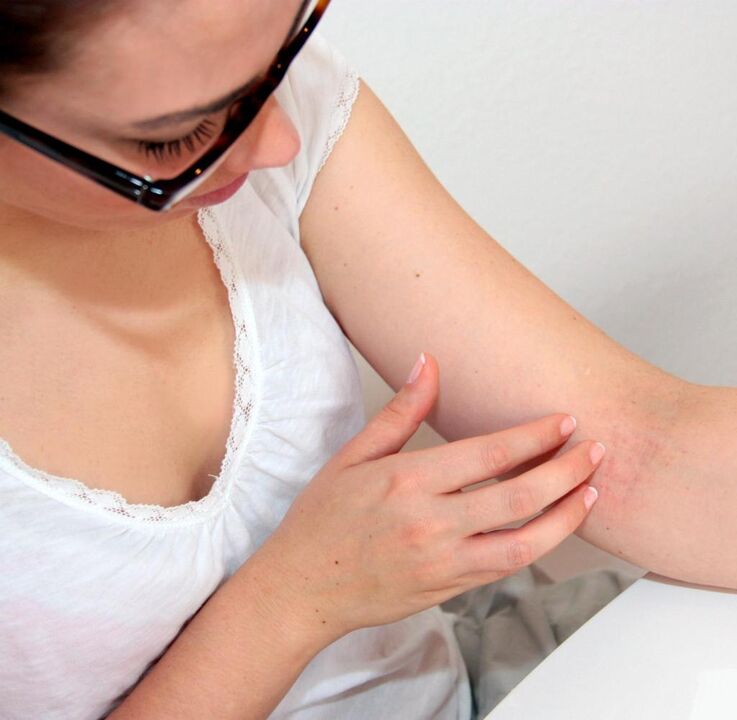
What types of worms are there?
- round;
- tapeworm;
- lucky.
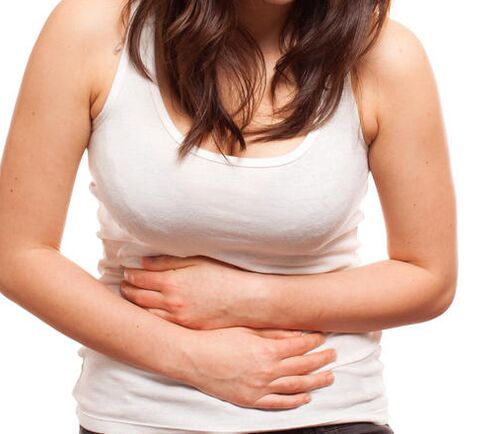
- stomach ache;
- Frequent urge to have a bowel movement;
- loose stool;
- Signs of poisoning.
- nausea;
- diarrhea;
- stomach ache.
Mode of infection
- travel through soil;
- contact with animals;
- food;
- Open reservoir.

Main signs of adults
- allergic rash;
- Frequent cough;
- Runny nose and pneumonia appear;
- constipate;
- Frequent colds;
- nervous.
Signs of worm infection in childhood
- Increase activity level;
- salivation;
- Itching near the anus;
- peeling eyelids;
- Desire for sweets;
- Drowsiness and somnolence;
- signs of anemia;
- Frequent colds.
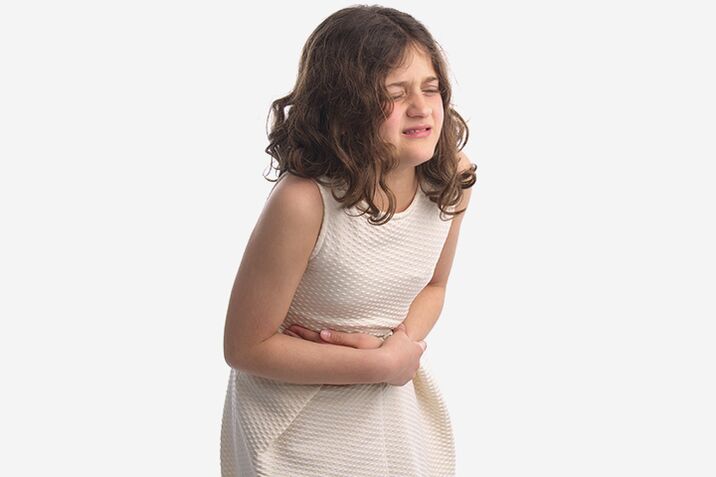
Manifestations in the acute phase
- swelling;
- rash;
- Itchy skin;
- cough.
Manifestations in the chronic phase
- Intestinal dysfunction;
- painful feelings;
- abdominal bloating;
- Decreased or increased appetite.
specific symptoms
- localized swelling;
- cough;
- temperature rise;
- swollen lymph nodes;
- Myalgia;
- Chills;
- The spleen and liver are enlarged.
Make a diagnosis
- Linked immunosorbent assay;
- ELISA test;
- serological techniques;
- X-ray;
- diagnostic ultrasound;
- tomography;
- Bioresonance diagnostics.
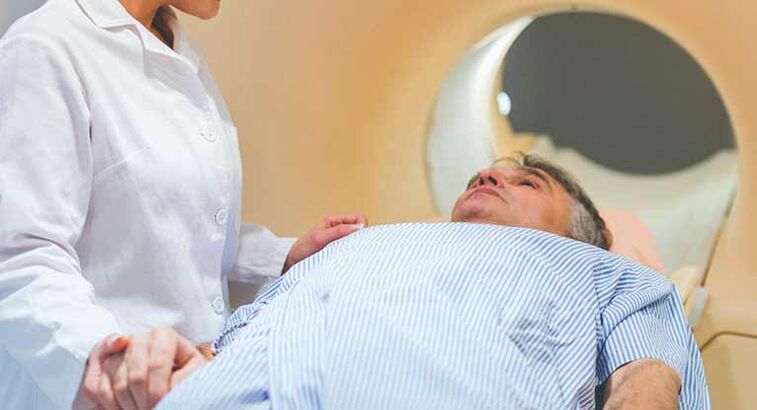
adult drug therapy

Pediatric Medication
folk remedies
- dandelion;
- onion;
- nettle;
- Tansy;
- sagebrush;
- Burdock;
- garlic.
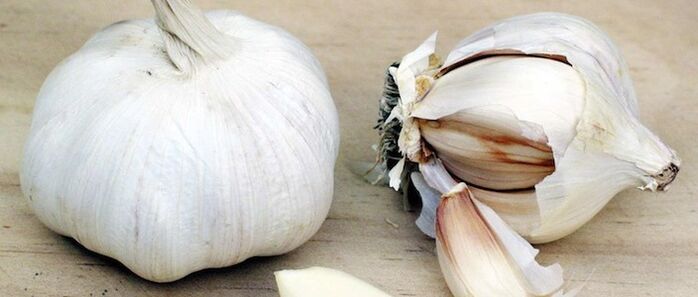
Take preventive measures
- keep clean;
- Eat only washed vegetables and fruits;
- Eliminate insects that carry worm eggs in the house;
- Drink only boiled water;
- Take drug prophylaxis.


























